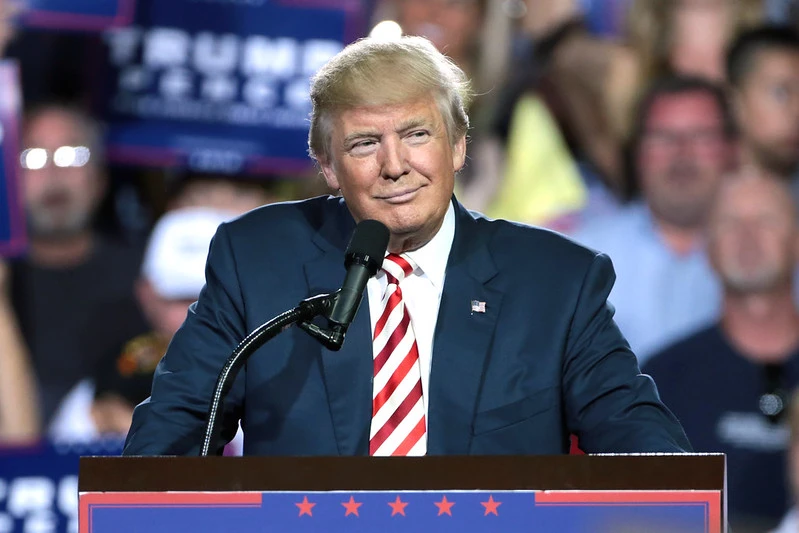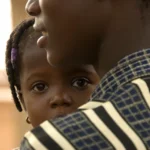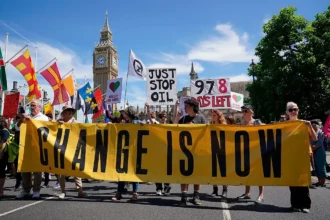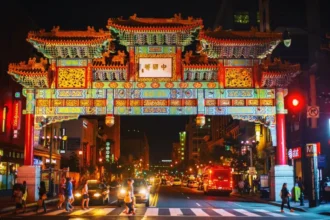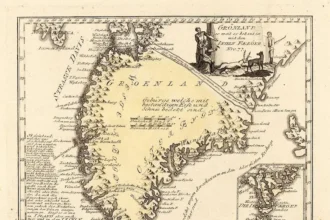The Conservative Agenda Against Liberal Academia
If elected for a second term, Donald J. Trump, his MAGA activists, and J.D. Vance are planning a frontal attack on liberal diversity policies in American colleges and universities. They view higher education as a bastion of liberalism dominated by cultural elites that needs a thorough house cleaning, meaning replacing liberals with conservatives. Armed with conservative think tanks, such as the Heritage Foundation, they would eliminate the entire Department of Education (Project 2025).
- The Conservative Agenda Against Liberal Academia
- Conservative Academics: Trump’s Advocates and His Critics
- The Conservative Academic Presence: Demographics and Institutional Roles
- Academic Divides: Trumpists, Anti-Trumpists, and Higher Education Issues
- Academic Prestige and Scholarly Productivity
- Networks and Influence Beyond Academia
- Academic Trumpists’ Loyalty Despite Controversies
- Populist Rage and the Challenge to Liberal Academia
Clearly, liberal professors would vigorously oppose such outside incursions by Trump’s political right-wing forces into the academy. But what about conservative professors, since not all American professors are liberal? While much has been written about the decline in numbers of conservative professors in the liberal academy, some conservative professors are influential voices as public intellectuals in politics.
Conservative professors intervene beyond the classroom and laboratory to promote a political agenda, either supportive of Trump or against him.
Some of these vocal conservative professors do indeed support Trump. They advocated and voted for Trump in 2016, supported his administration despite all its turmoils, challenged the legitimacy of Biden’s win over Trump in 2020, and even a few supported the January 6, 2021 mob assault on the Capitol. They will support Trump through hell and high water. They are academic Trumpists.
But most conservative professors have strong misgivings about the leadership qualities of Trump. They strongly oppose Trump. They are “never Trumpers.” This points up a significant difference among conservative professors that hitherto has received little attention. Who are they and how do their views differ?
Conservative Academics: Trump’s Advocates and His Critics
Influential voices for Trump include Victor Davis Hanson, a fellow at the Hoover Institution and Hillsdale College. He is also a regular Fox News contributor, and his book The Case for Trump (2019) was briefly on the New York Times bestseller list.
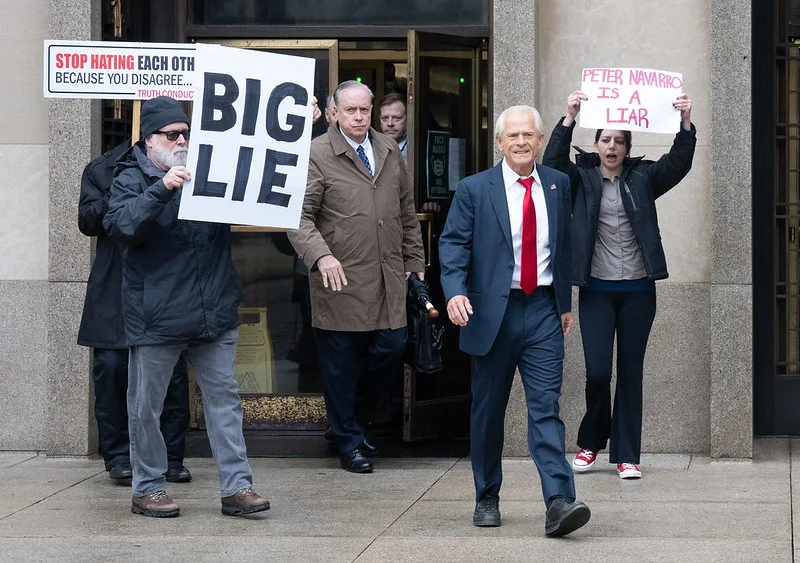
John Eastman, former professor at Chapman University School of Law, spoke at Trump’s January 6, 2021, rally. He also presided over the legal rationale for Trump to believe he could obstruct the Congressional certification of Biden’s electoral victory.
Trump and his supporters criticize Democrats, the media, and the government for being controlled by cultural elites.
Peter Navarro, formerly at the University of California-Irvine, was Trump’s White House economic advisor. He advocated for a trade war with China and claimed that it was “statistically impossible” for Trump to have lost the 2020 election. Navarro was later convicted on two counts of contempt of Congress and served prison time.
Among the conservative intellectual critics of Trump, one finds the Harvard government professor Harvey Mansfield who considers Trump a “demagogue.” Robert P. George, at Princeton University, “fiercely opposed” Trump the candidate, saying he was “a person of poor character,” And Jon A. Shields, professor of political science at Claremont McKenna College, says “I wouldn’t vote for Trump under any condition.”
I have studied 198 of these leading conservative professors by gathering data from the internet on 109 who publicly support Trump and 89 who oppose him.
The results appear in my newly published book, The Academic Trumpists: Radicals Against Liberal Diversity (Routledge, 2024).
The Conservative Academic Presence: Demographics and Institutional Roles
These conservative professors intervene beyond the classroom and laboratory to promote a political agenda either supportive of Trump or against him. Within the Republican camp, all 198 self-identify as conservative or libertarian. They are overwhelmingly male, white, older, and tenured. Only 19 are women and less than seven percent are people of color.
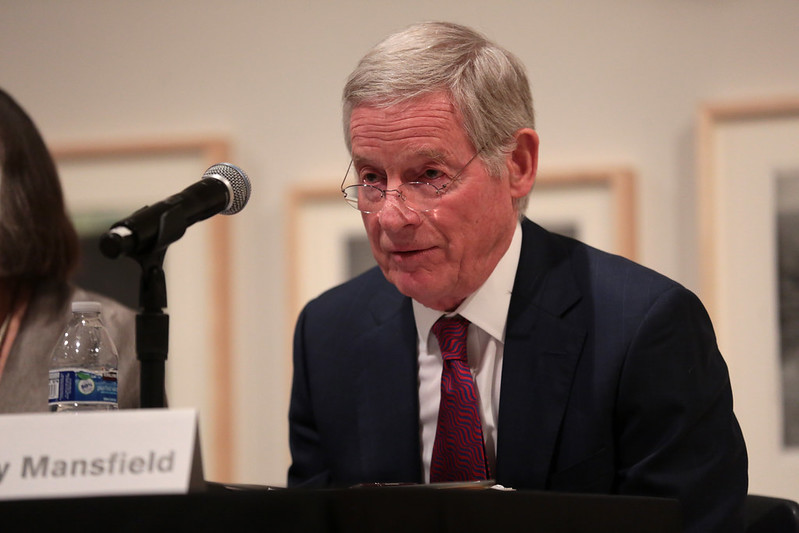
These conservatives are not isolated on the institutional margins of American higher education. Most teach in mainstream research universities. Thirty-four percent (67 of 198) of these professors teach in the 50 most prestigious universities. Only 18 percent teach in liberal arts colleges.
The overriding issues animating many academic Trumpists are specific to higher education.
That said, relatively more Trumpists (42 percent) hold positions in religious affiliated schools than the anti-Trumpists (29 percent) in large part because of the concentration of Trumpists in just two religious schools: Hillsdale College, a non-denominational Christian school, and the University of Dallas, a conservative Catholic school.
Trump and his supporters criticize Democrats, the media, and the government for being controlled by cultural elites. But Republicans have their own cultural elites in the academy!
As conservatives, they share views on typical conservative issues: small government, reducing taxes, avoiding unnecessary foreign entanglements, championing individual liberty and free enterprise. They are also critical of the liberal cultural climate and policies on many college campuses. In these respects, they do not differ much from the broader public of conservative thinking outside of the academy. But the two groups have striking differences with implications for the future of higher education. My book highlights those differences.
Academic Divides: Trumpists, Anti-Trumpists, and Higher Education Issues
Not surprisingly, the overriding issues animating many academic Trumpists are specific to higher education: political correctness, sexual orientation, diversity, and affirmative action. For Mark Bauerlein, retired from Emory University, academics are caught: “bow down to diversity or risk your academic career.”
Only Trump will fight against “identity politics [that] have overtaken scholarly standards.” In Out of Order: Affirmative Action and the Crisis of Liberalism (1985), Nicholas Capaldi of George Mason University calls affirmative action and political correctness “doctrinaire liberalism.”
The anti-Trumpers hold positions in relatively more prestigious institutions than do the academic Trumpists.
Much of the support for Trump can be understood as a backlash against changes in academic life starting with gender diversity introduced by Title IX in 1972 and campus protests of the sixties.
Daniel Bonevac of University of Texas – Austin, charges that “Title IX is used on campus to destroy due process and stifle speech.”
It is as if “campus political culture,” more than national or global issues, animates the political preferences of these Trump supporters. As the late Speaker of the House of Representatives, Tip O’Neill, famously put it: “all politics is local.”
While most academic conservatives have misgivings about the liberal culture animating campus life, none of the anti-Trump critics would advocate applying a “wrecking ball” to the establishment as does Marshall DeRosa of Florida Atlantic University. Most like Robert George and Harvey Mansfield think Trump lacks the personal maturity to be president.
Others object to the “America First” nationalism that would neglect our international commitments. But right-wing populism is the key dividing line. The Trumpists support it, the anti-Trumpists do not. Jon Shields and Joshua Dunn (Passing on the Right, 2016) found that “conservative professors…look askance at the populism that has shaken up the Republican Party in recent years.”
Academic Prestige and Scholarly Productivity
These differences in rationales can be illuminated in light of the positions held by these professors within the academic field and beyond. The anti-Trumpers hold positions in relatively more prestigious institutions than do the academic Trumpists. While around 60 percent of the 198 obtained their credential capital from one of the 50 most prestigious institutions, the anti-Trumpists were better able to convert their credential capital into teaching positions in similarly prestigious schools (38 percent versus 28 percent).
More significantly, the anti-Trumpists publish more than do the Trumpists in mainstream scholarly journals. The imperfect though widely used h-index scores that measure scholarly capital of publications shows the anti-Trumpists are better able to convert their academic credential capital into productive post-graduate scholarship than are the Trumpists. Just among the political scientists, the average h-index for the Trump critics is almost two times higher than for the Trumpists.
This lesser investment in the scholarly life by the Trump supporters can also be seen in their respective affiliations with mainstream academic professional associations, such as the American Academy of Arts and Sciences and the Council on Foreign Relations, that are honorific bodies whose invited membership is based on a capital of intellectual renown. The anti-Trumpists are significantly present, the Trumpists hardly at all. The Trumpists are more likely to affiliate with right-wing ideological lobbies, such as the National Association of Scholars, whereas the anti-Trumpists affiliate more with mainstream scholarly groups, such as the American Historical Association.
Networks and Influence Beyond Academia
The academic Trumpists are hardly isolated from peers as Fox News and certain conservative pundits claim. The Trumpists participate in and benefit from a vast conservative network beyond the academy. Three-fourths affiliate with prominent conservative and powerful think tanks, such as the Heritage Foundation, the Claremont Institute, the Heartland Institute, the Ludwig von Mises Institute, the Independent Institute, and the Federalist Society. A few Trumpists affiliate with smaller neo-Confederate think tanks such as the League of the South, the Abbeville Institute, and the Stephen D. Lee Institute that embrace white nationalism.
Many of these right-wing think tanks cultivate populist thinking supportive of Trump. The Heritage Foundation and the Claremont Institute are prime examples. The Claremont Institute stands out as the network hub of the Trumpists: a cluster of 18 of academic Trumpists form network ties between the institute and another 32 conservative think tanks. There is no similar clustering of anti-Trumpist conservative professors around such right-wing centers.
Critics of the so-called “deep state,” the Trumpists are more likely to play roles in state or local governments whereas the anti-Trumpists have held more positions in government agencies at the federal level.
In short, my research shows that the polarization of views between conservative professors who support Trump and those who do not is rooted in two distinct social networks that connect their positions in the academy to conservative think tanks and government engagements that reinforce their respective political views.
Academic Trumpists’ Loyalty Despite Controversies
Despite the numerous and highly visible controversies surrounding the Trump White House (tweeting, lies, West Wing constant turmoil, high turnover of advisors, indictment of several appointees), only 8 of the 109 Trumpists have rescinded their support since the 2016 election.
Supposedly arbiters of truth, only one of the Trumpists supported the first or second Trump impeachment. Their support is unwavering despite Trump’s loss in the November 3 election and even after the January 6 white mob assault on the Capitol. Fourteen — notably John Eastman — joined Trump in claiming that the election was stolen from him by voter fraud.
Two supported the Capitol assault as an expression of populist outrage against political elites. Twelve condemned the assault but defended Trump. “Trump was reckless…in calling the rally,” Charles Kesler of Claremont Graduate University admits, but insists that Trump did not incite the mob assault on the Capitol. Most, however, have remained silent on the internet – unusual for public intellectuals.
Despite the $1.5 trillion tax cut, sweeping deregulation, increased military spending and appointment of conservative judges, particularly to the Supreme Court – all conservative triumphs during the Trump presidency – only one of the 89 anti-Trumpers switched his position.
Populist Rage and the Challenge to Liberal Academia
The academic Trumpists certainly challenge the campus politics of greater social inclusion. A quarter of the 109 Trumpists affiliate with campus organizations such as the Intercollegiate Studies Institute, the National Association of Scholars, and Turning Point USA that focus directly on attacking liberal campus culture. Unlike other conservative faculty, the academic Trumpists embrace populist rage to wield a “wrecking ball” against established political and cultural institutions. They are on a mission to roll back all limits on individual free expression, no matter how demeaning it might be to others. They hate liberal diversity.
Yet radical right-wing criticism of liberal bias in universities comes not just from conservative professors within the universities, but also from outside. It also comes from what Neil Gross (Why are Professors Liberal and Why do Conservatives Care, 2013) calls “mid-level moral entrepreneurs,” such as David Horowitz, Stephen Balch, Charlie Kirk, Ben Shapiro, Christopher Rufo, and Milo Yiannopoulos.
These right-wing activists see the academy as an opportunity to express their moral outrage and develop a professional career “as full-time critics of the profession” to which they do not belong. Indeed, they have virtually no academic legitimacy in terms of scholarly accomplishments. Despite the conservative lament that there are not more conservative voices to enhance political pluralism on campus, the problem may not be the lack of conservatism per se but the right-wing “bombastic style” that characterizes much of the right-wing attacks on the academy.
Conservative professors, and some liberal professors as well, would like a more politically diverse campus. But none would join the Trumpists or outside right-wing activists in trashing the system. Academic conservatives and liberals unite; you share a common interest in responsible, fact-based discussion that the Trumpists would wreck. Mentor reasoned intellectual debate, not populist rage.


